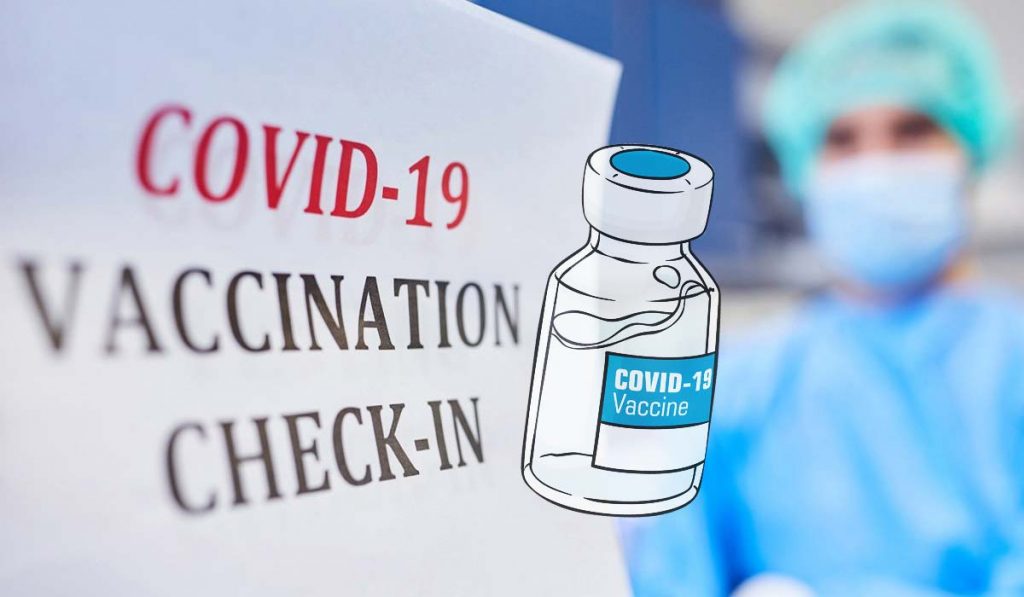
Only when the risk perception is minimal does vaccination intention improve with improved vaccine attitudes, show the results of the study.
Authors
Abhijit Mohanty, School of Management (UG), MIT World Peace University, Pune, India,
Pranati Dash, Area of Marketing, Utkal University, Bhubaneswar, India.
Diptiman Banerji, Jindal Global Business School, O.P. Jindal Global University, Sonipat, India.
Summary
This article aims to investigate the factors influencing the relationship between attitudes toward Covid-19 vaccines and intention to vaccinate, specifically, risk perception and Covid-19 anxiety.
The study’s results clearly demonstrate that only when the risk perception is minimal does vaccination intention improve with improved vaccine attitudes.
The findings of this study provide valuable insights for policymakers, non-government organizations, marketers, and practitioners about the possible challenges in the execution of a Covid-19 vaccination program in an emerging economy.
There is a need for tailored communication, community engagement and strictly following the standard operating procedure (SOP) inside the vaccination centers.
Published in: Health Marketing Quarterly
To read the full article, please click here.


